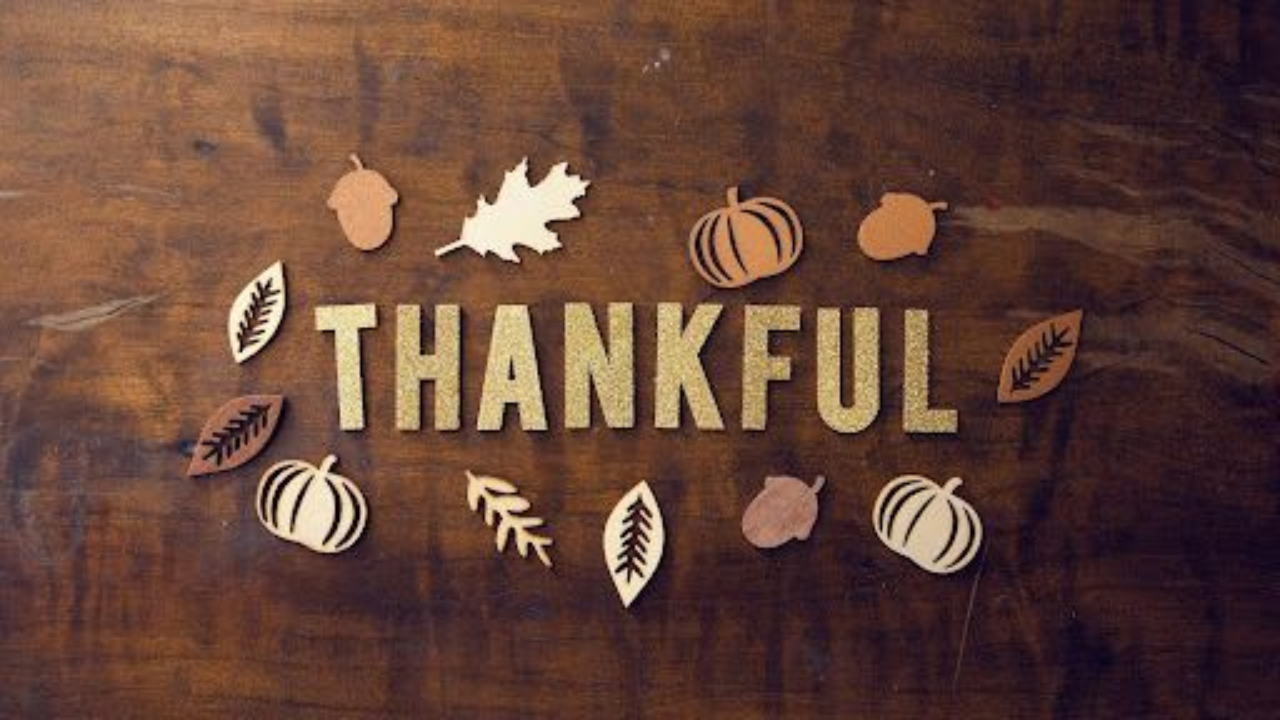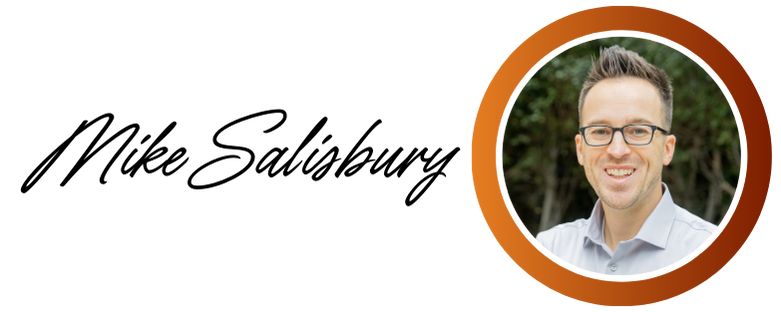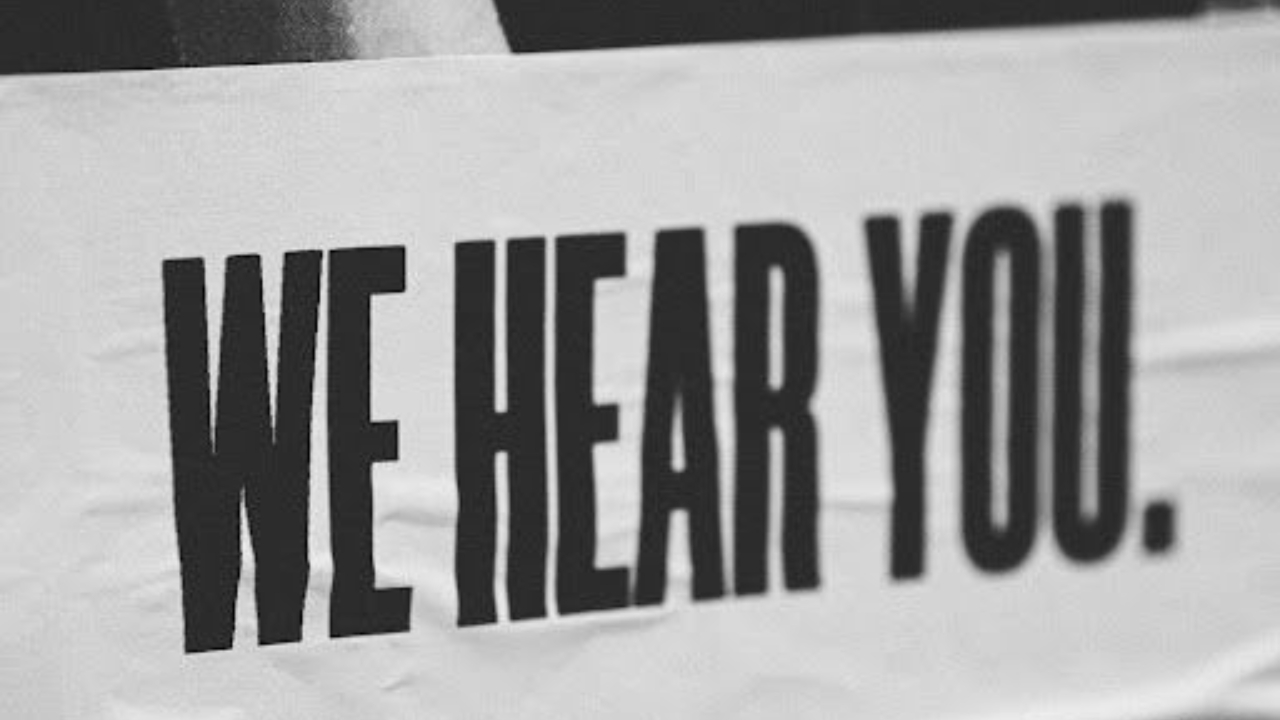"Fresh Starts, New Goals, and… Sneakers?"

Happy New Year!
As we begin a new year,
we are looking back at one of Mike's most-read posts of 2025.
September Is the Writer’s New Year
In our house, back-to-school means one thing: new sneakers.
My oldest is all about high tops. My youngest? She proudly picked shoes with laces—because she just learned how to tie them. Bright colors, fresh soles, and the promise of a brand-new year.
It made me realize: as adults, we don’t get that same built-in excitement very often. I’m naturally an optimist, but I still have to choose excitement over looking back at summer and thinking, I’m not where I thought I’d be with my writing.
So here’s what I’m doing: stealing those “new sneaker vibes.”
September feels like a reset button. A fresh start. A chance to begin again—no guilt, no excuses. Just the thrill of a blank page.
What’s the project you’ve been putting off? Let’s set your new writing goals now.
- If you’re feeling stuck: Tell me what’s holding you back.
- If you’re ready to r ...
Who Are You Writing For?

During December, we are looking back at some of Mike's most-read content of the year.
The message God gave you is meant to be shared.
If you’ve been carrying a message you believe God placed on your heart—waiting for the “right” time to write or speak it—this is your gentle nudge: the time is now.
So often we see faithful, gifted people wait until they feel “ready.” They think they need a bigger audience, more clarity, or a perfect plan before they begin.
But what if the act of sharing is how the audience finds you? What if obedience opens the door?
You don’t need every answer to begin. You need faith to take the first step.
God didn’t give this message to just anyone—He gave it to you. No one else can share it quite like you can.
So start small. Start bold. Just start.
We have a course to walk with you in that first step: How to Stand Out to Your Audience—a gentle guide to help you serve the people who need your message most. 👇
![]()
🎯 The people you’re meant to reach are al...
My Top Book Recs for Writers (That I Always Reread)

During December, we are looking back at some of Mike's most-read content. These books would make great gifts for writers!
Feeling Stuck? These Books Help Writers Get Unstuck
Is there anything better than book recommendations? I don’t think so. I’ll stop whatever I’m doing to read a good list. Always.
I’m often asked about the best books for writers—and I’ve got opinions. Here are a few of my go-to picks, organized by what you might need right now:
“I want my writing voice to stand out.”
Start with Dreyer’s English: An Utterly Correct Guide to Clarity and Style.
The English language is a hot mess—but this book (written with humor and insight by the former copy chief at Random House) brings order to the chaos. Most style books are dry. This one is delightful. You don’t have to be a grammar expert to benefit from this book—but the more you know, the better you write.
“I’m in a slump. I need motivation.”
You need The War of Art by Steven Pressfield.
Artists like Seth Godin and Rya...
Writing Advice from a 5 A.M. Novelist (and Editorial Director)

During December, we will be looking back at some of Mike's most-read content of 2025. Enjoy!
Q&A with the amazing Beth Adams,
Editorial Director for FaithWords and Worthy Books at Hachette
One of the things I love most about this community is getting to hear from people who live and breathe books, not just as editors or publishers, but also as writers.
This week, I’m thrilled to feature Beth Adams, Editorial Director for FaithWords and Worthy Books at Hachette. Beth has shaped countless bestselling titles and still finds time to write her own stories before most of us have poured our first cup of coffee.
She graciously answered a few questions for The Author’s Edge about her writing habits, what most writers overlook, and the one practice she believes makes all the difference.
Meet Beth Adams
Beth Adams is the Editorial Director for FaithWords and Worthy Books, imprints of the Hachette Book Group, where she’s worked on numerous bestselling and award-winning books. She also writ...
Happy Thanksgiving

Wishing You a Happy Thanksgiving
This week, I just want to say thank you.
Thank you for showing up, for caring about your craft, and for trusting me to walk alongside you as you chase the words that matter.
I’m grateful for this community of writers who bring hope, clarity, and courage into the world - one page at a time.
Keep writing,


🎯 The people you’re meant to reach are already looking for you. Let us help you find them.
How to Stand Out to Your Audience is the course that helps you name who you’re really writing for. You’ll learn how to define your primary and secondary audiences, tell the story of your ideal reader, and clarify the specific problem your book will solve. Stop guessing, stop chasing and start reaching the people God has already prepared to receive your message.
✍️ Our NEW course is for serious aspiring authors. And it’s finally here! Start writing with a clear path forward.
How to Write and Publish Your Book is a comprehensi...
Grateful for Writers Like You

A Note of Gratitude for Your Words
Every week, I’m humbled and grateful that I get to walk alongside writers who believe their words can bring hope, clarity, and courage to others. Thanks for being one of them.
We don’t talk about this part of writing often enough: the courage it takes simply to keep showing up.
Not to hit a word count.
Not to impress anyone.
Not to check a productivity box.
But to say, “My words matter enough to keep going.”
If you’re reading this, I want you to know something: Your writing has weight.
Even on the days when it feels small.
Even when it’s slow.
Even when you’re not sure if anyone will ever read it.
Most people never attempt the vulnerable work of putting ideas on a page.
Even fewer stick with it long enough to finish something meaningful.
But you?
You’re in the small percentage who are doing the quiet, unglamorous work that actually changes lives — one sentence, one insight, one brave paragraph at a time.
So this week, here’s your simple...
The 3 Habits Every Writer Needs to Finish Their Book

Stop waiting for inspiration. Build habits that make writing inevitable.
Among writers, November is commonly associated with novel writing, historically through National Novel Writing Month (NaNoWriMo), a now-defunct event, where participants write a 50,000-word novel in a month. I love a good novel, and I love it when writers take on challenges like this.
If you set these types of goals or build challenges like this, you need some good habits to get you to the finish line. In this week’s email, I’ve got a few tips to help you.
I don’t think most writers fail because they lack talent. I think we often fall short of our goals because we never build momentum around our habits.
These are three small habits that make a big difference:
- Set a Daily Writing Schedule: Make the decision once and move out of your own way. I’m a big believer in the Pomodoro Method and use this clock.
- Create a Dedicated Writing Space: Make it distraction-free and inviting. It should be a place you actual ...
How to Test Your Book Idea Before You Write It

What Every Author Misses About Market Research
As authors, we often trust our gut when it comes to book ideas, but smart writers test their instincts. They look for feedback, patterns, and proof of concept before investing months (or years) in writing.
To dig deeper into how authors can do that well, I reached out to Jeff James, Assistant Professor of Marketing at Eastern University’s College of Business and Leadership. Jeff brings decades of marketing experience-both as a practitioner and a professor-and he’s passionate about helping authors think like entrepreneurs.
He shared some brilliant, practical advice on how to test your ideas, stand out from the crowd, and shape a brand that lasts.
What are some best practices for testing new book ideas with an audience?
Jeff: First, it is important to determine at what level you need feedback. Are you seeking input on broad topics or general themes? If so, an open-ended qualitative approach would be ideal. Qualitative research, such as ...
The Surprising Writing Wisdom of The Inner Game of Tennis

What a 50-Year-Old Book Taught Me About Writing
I love to read, not just for work, but also for pleasure. I try to read widely — fiction, literary and commercial; nonfiction, everything from business to sports; and even some poetry, from time to time. You can keep up with what I’m reading on Goodreads.
Recently, I stumbled across an old book being shared by Steve Kerr and Daniel Pink... and it made me think of you, dear writers.
What can a 50-year-old book about tennis teach us about writing?
Actually, quite a bit.
(Don’t worry, I won’t make you pick up a racket).
W. Timothy Gallwey’s The Inner Game of Tennis isn’t a craft book; it’s a mindset book. Its lessons fit perfectly with the creative process. Gallwey argues that the biggest opponent isn’t across the net... it’s in your head.
The same is true for writers.
Here are three takeaways to help you with your writing.
#1 Silence your inner critic.
Overthinking kills flow. When you start judging your sentences mid-draft,...
The 4 Truths Every Writer Needs to Hear

Clarity. Purpose. Patience. Love. (Four truths for your writing life.)
Every once in a while, I come across advice that feels so simple, yet so right, I can’t help but share it. Recently, I read a post from a fiction editor who’s worked with bestselling indie and traditional authors, and her four reminders for writers hit the nail on the head.
Here’s what she said (and what I’d add):
- Clarity matters.
In genre, in theme, in purpose, in all of it. Readers should always know what kind of book they’re in, whose story it is, what’s at stake, and what emotional promise you’re making to them. If it’s fuzzy in your head, it’ll be foggy on the page.
Takeaway: Before you start writing, write down your story’s “about” in one clear sentence. If you can’t, you don’t know it well enough yet. - Every word should serve a purpose.
This isn’t about trimming fat—it’s about intention. Dialogue should reveal something. Description should set a mood. Action should move the story forward.
Takeaway: If a sent ...

